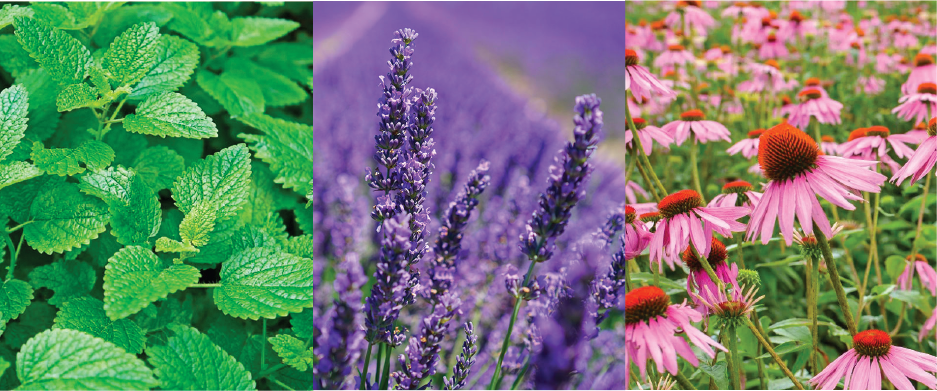
When we think of cannabinoids and the body’s endocannabinoid system (ECS), hemp and CBD automatically come to mind. However, the ECS is not exclusively responsive to hemp—there are various non-hemp botanicals (other phyto-cannabinoids) and natural compounds like terpenes that interact with this intricate system, offering different therapeutic benefits and promoting homeostatic regulation within the body. Terpenes are aromatic oils produced in a variety of plants, including cannabis, and are responsible for their unique odors and flavors.






